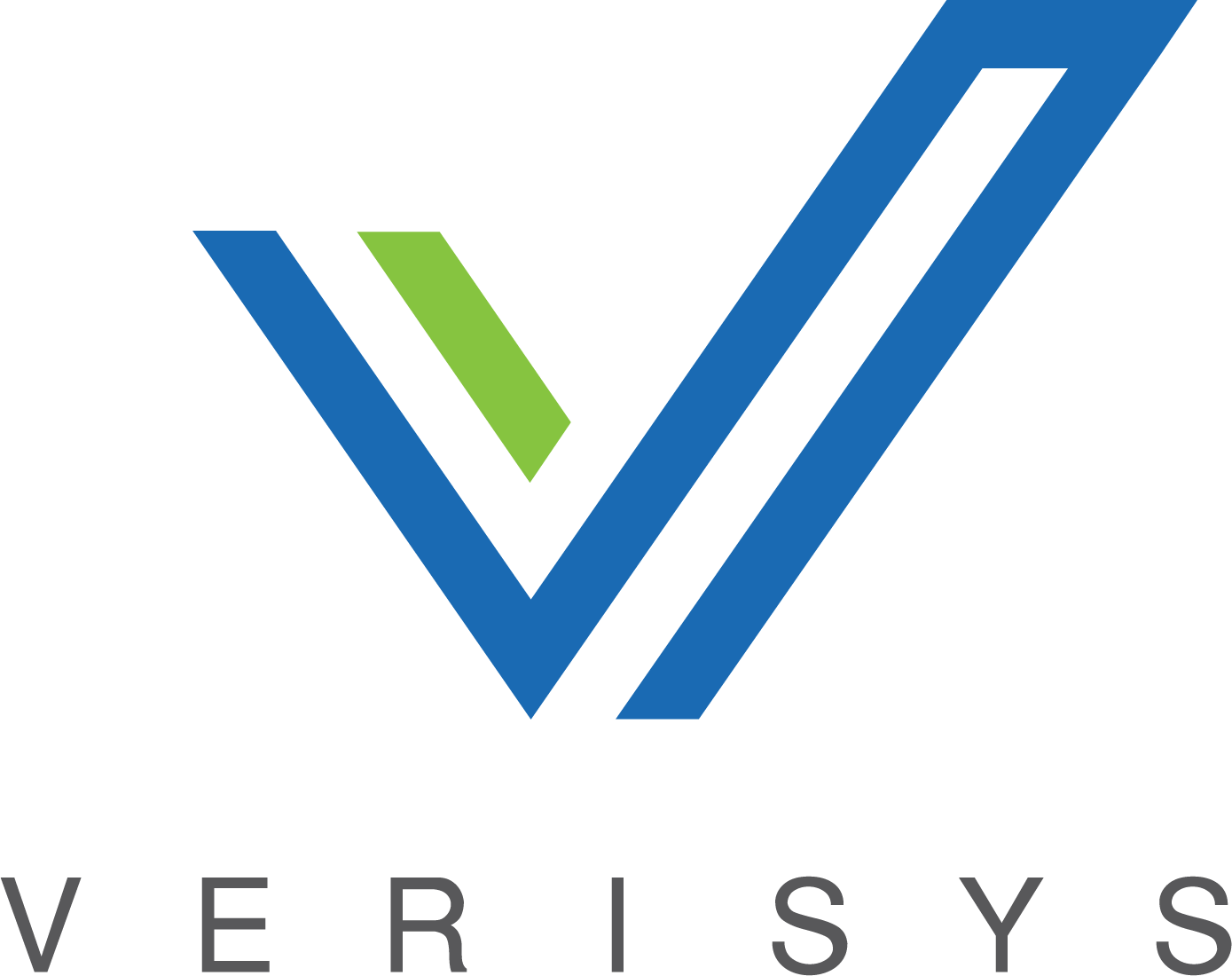– The best resource for monthly healthcare regulatory compliance updates. Compliance Updates: April 2024 Overlook: Licensure Compacts Other Legislation Board Updates Interstate Medical...


In theory, credentialing is a critical step to ensure that only quality practitioners are allowed to treat patients. Unfortunately, in practice, it doesn’t always work as intended. On average, for every 1,000 licensed healthcare workers, there are three currently excluded individuals, seven historically excluded individuals, two sex offenders, two patient abusers, 20 practitioners with inactive licenses, three practitioners on probation, two with restricted or impaired licenses, one revoked license, and 10 suspended licenses.
These are averages from the data. The numbers in your hospital or health system may be higher or lower, but you would only discover this information by doing in-depth screening and credentialing of your entire provider population. Regardless of how many excluded, suspended, or unethical providers exist in your organization, you should be most concerned about those you do not discover. The cost to your patients and organization cannot be overstated. The best way to uncover providers who should not be practicing is with comprehensive medical credentialing processes.
Let’s Talk Medical Credentialing
Regulatory bodies like the National Committee for Quality Assurance (NCQA) and The Joint Commission (TJC) set standard regulations that require healthcare providers to be reviewed and verified for prior training, licenses, education, background, residency, and any history of malpractice before being hired and throughout their working career. All new hires undergo medical credentialing and are required to be recredentialed every three years post-hire. Continuous monitoring after hiring is recommended to ensure all providers remain in good standing.
Although most organizations do their best with available resources to meet credentialing requirements, in-house processes often have shortcomings. Without the assistance of credentialing technology, even the most efficient teams cannot access and monitor all the data sources required to understand the full background and current status of their populations. Manual processes can lead to errors, allowing some providers who should be barred from practice to slip through.
Organizational structure may also compound credentialing challenges. A siloed organization with insufficient interdepartmental communication might neglect important aspects of credentialing. The standard best practice is to store all the data for your population in a single database with a uniform credentialing structure, reporting for audits, access for all relevant departments, and a seamless integration of provider data.
Consider Outsourcing Your Medical Credentialing
Credentials Verification Organizations (CVOs) that have comprehensive credentialing platforms can help healthcare organizations with their medical credentialing.
Why? Hospitals and health systems save money and time by using healthcare credentialing software platforms and proprietary databases that a CVO like Verisys provides. We access thousands of primary sources and verify data from those primary sources using innovative technology which streamlines the process. Verisys uses automation and software solutions to manage all credentialing requirements freeing up resources that would otherwise be spent on these administrative tasks.
How? Verisys performs medical credentialing via primary source verification on a variety of healthcare provider information including, but not limited to, board certification, criminal background, Drug Enforcement Administration (DEA)/Controlled Dangerous Substances (CDS) registration, education, work history, National Provider Data Bank (NPDB), and sanctions. Healthcare organizations and their providers can access all of this information from anywhere via a secure, online Software as a service (SaaS) credentialing platform. Within the platform, automated notifications can be set up to send alerts of license expirations or changes in status.
With a CVO like Verisys, you can streamline your credentialing process, stay on top of license renewals, eliminate errors due to manual monitoring of your population, and save both time and money.
Three Benefits of Outsourcing Your Credentialing
Outsourcing your credentialing reduces the risk of non-compliance, speeds up your revenue cycle, increases data quality, and frees up valuable resources within your organization.
Contact us to learn how Verisys can solve your credentialing challenges while saving you time and money.
 |
Written by Verisys Verisys transforms provider data, workforce data, and relationship management. Healthcare, life science, and background screening organizations rely on our comprehensive solutions to discover their true potential. Visit verisys.com to learn how we turn problems into power.
|